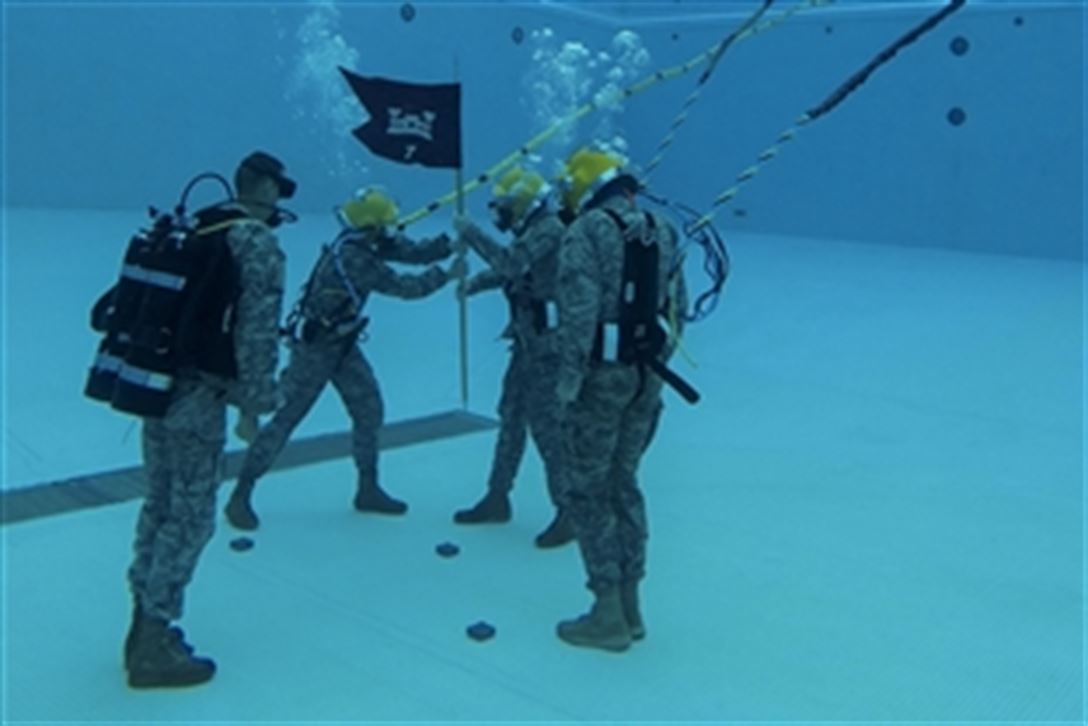
Veterans are like a bunch of caged lions and lionesses that have been released in the wild.
When we were in the military, we were strong, capable. We were fearsome and wonderful to behold (most of us). We were Kings and Queens of our domain, in many instances; we were also part of a system that supported us in countless ways.
I’ve talked about this before regarding how we learn to meet old needs in new ways, that once we leave the military, old rules don’t apply.
The Support Structure is Gone
Not even counting the camaraderie that is gone, we literally don’t have someone that we can call any time, day or night. There is always someone on duty, even if you don’t know it or use them. If I got out of the Army and worked at FedEx, my supervisor wouldn’t be available for a call half an hour after quitting time. If my wife and I were having trouble, I wouldn’t be able to call up my boss and ask them to put me up in the barracks…there would be no barracks, and it’s on me to figure it out!
The Skills We Have Don’t Always Translate
I’m not talking here about technical skills in a job setting; I’m talking about social skills. Methods of interacting. Ways of thinking and expressing. Of course, we all know about the need to temper the f-bomb in polite company, but sometimes the mission-focused bottom-line-up-front mindset does not lend itself to easy transition. I don’t necessarily believe that there is a “military” mindset and “civilian” mindset, as this implies an us-against-them attitude, but it is certainly a different way of thinking and adjustments in that thinking have to be made.
New Situations Present Themselves
Job interviews. Networking. Business. These are not tasks that we’ve had to tackle before, just like the caged lion or lioness had never had to hunt for themselves. We picked a job when we first joined, we either stuck with that job or picked a new one along the way. We were told where and when we would do that job, and received training on how to do it better as we went along. I don’t mean to say that we were spoon-fed or babied throughout our military career; instead, we were taught how to do a specific series of tasks extremely well, in order to make the military work. We were trained at an exceptional level at our warrior tasks and drills, but we weren’t always trained at an extremely high level at life skills.
Being Released into the Wild is Just The Beginning
Many of the veterans I work with feel exactly this way; strong, proud, confident, but drop them in the middle of the Savannah and they freeze. They don’t know the rules, they’re not sure how to develop the skills needed to survive, and they look back longingly at the military as I imagine the lion and lioness looks longingly back at the cage they were released from.
The key, however, is using the same resilience, same skills, same mission-oriented mindset that served us while we were in the military to help us survive, and even thrive, once we’re out. That same never-quit mindset that kept us from failing then can do so now.
Establish a Support Structure
So the chow hall is no longer open and I don’t have a meal card. I don’t have legal on base if I need someone to look at a rental contract, I don’t have the Inspector General’s office if someone isn’t acting quite right. More importantly, I don’t have my brothers and sisters to rely on, because I’m not connected with them. The answer? Build a new support structure. The networking tools are out there, especially for veterans. LinkedIn is significant, if you use it correctly. Veterati is an online mentoring platform where veterans can get advice on a wide range of topics. Find, and build, your own support structure to replace the one you lost. You may find that it’s stronger, because you built it.
Learn New Skills
Figure out how to adapt. Temper your enthusiasm and figure out new ways to do the old things you used to do. During my transition, I had the opportunity to be a part of an election to the school board of the charter school my children attend. As I’ve mentioned before, I had one tie the entire time I was in the military, and knew how to tie it only one way, the good ol’ four-in-hand. So what did I do? I went down to the local Men’s Wearhouse, explained myself to a clerk, bought a tie, and spent half an hour in the back of the store struggling with learning how to tie a Full Windsor. Because I wanted to, not because I had to. I took the time to go to a local Toastmasters club, to develop public speaking skills. Change is inevitable, for lions and veterans, and we can either change or perish.
Adapt to New Situations
If there’s one thing that we learn to do in the military, is to adapt to the operational environment. Every time we got a new supervisor in the unit, everyone cast a wary eye upon them until they understood where they were coming from. We adapted to new duty stations, new countries, new environments every three years; why is that not the case once we get out? We may not have been trained to hunt, but we were certainly trained to assess, improvise, adapt and overcome. Why is that sometimes lost when we leave the military?
I’m not an animal relocation specialist. I’m not certain about the type of reintegration that it takes to release a lion or lioness into the wild after years in captivity. I do know that it is a metaphor that speaks to many veterans, though, and is a way of thinking about the military transition that helps put it into perspective. How have you learned to adapt after being released into the wild?
 The Head Space and Timing Blog is supported by the Colorado Veterans Health and Wellness Agency, a 501(c)3 Nonprofit in Colorado Springs, Colorado. The goal of the CVHWA is to provide military culturally competent mental health counseling to veterans and their spouses, regardless of characterization of discharge, time of service, or era of service. Our vision is to assist veterans to identify and remove barriers to their mental, physical, emotional, and behavioral wellness. For questions or inquiries, contact us!
The Head Space and Timing Blog is supported by the Colorado Veterans Health and Wellness Agency, a 501(c)3 Nonprofit in Colorado Springs, Colorado. The goal of the CVHWA is to provide military culturally competent mental health counseling to veterans and their spouses, regardless of characterization of discharge, time of service, or era of service. Our vision is to assist veterans to identify and remove barriers to their mental, physical, emotional, and behavioral wellness. For questions or inquiries, contact us!



1 Comment
Justine · March 28, 2017 at 7:52 am
Well said Duane!
Comments are closed.